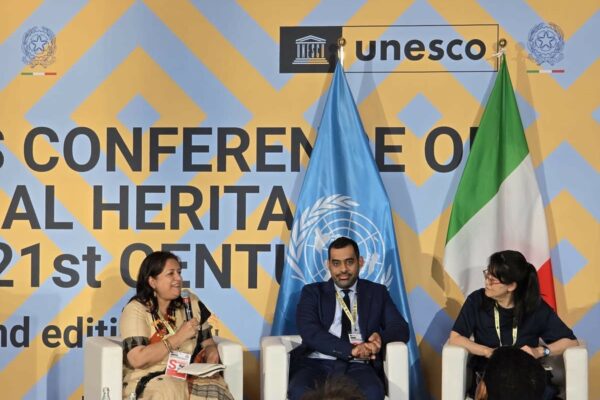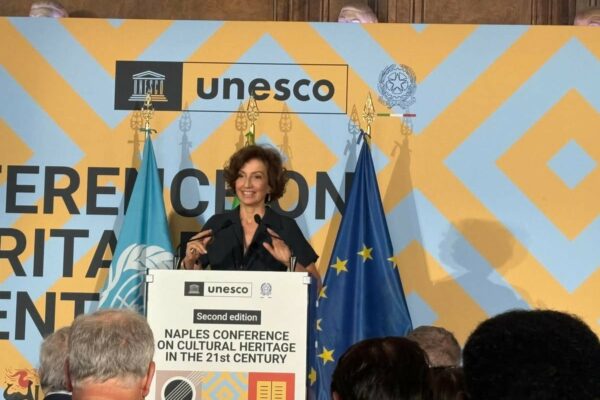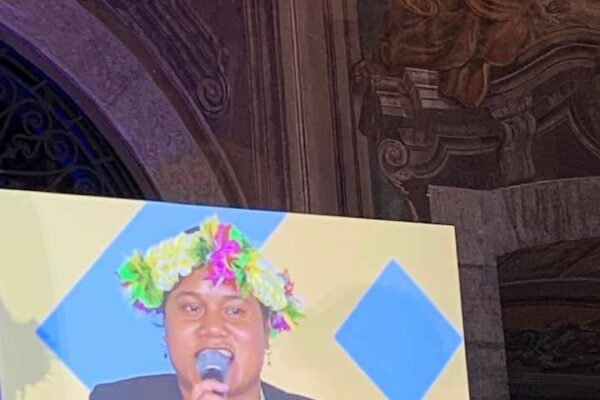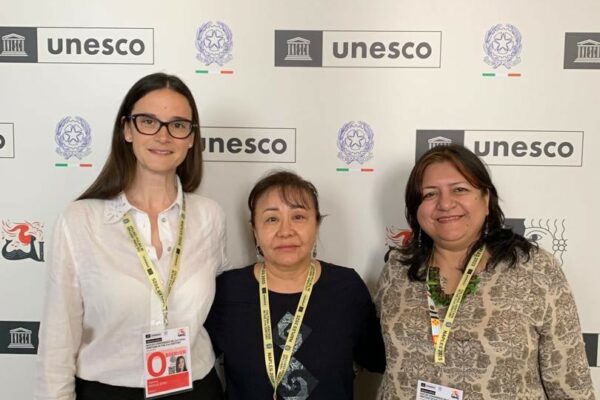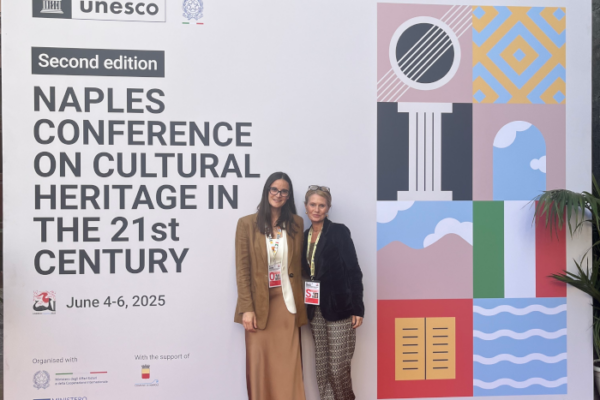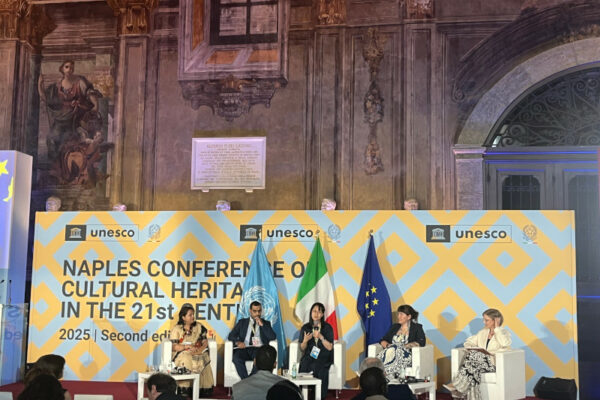“Look at heritage as the witness of our humanity” (Nahla Emam, Egypt)
From 4 to 6 June 2025, Castel Capuano in Naples hosted UNESCO’s Second Conference on Cultural Heritage in the 21st Century, co-organized by the Government of Italy and UNESCO. This pivotal gathering built upon the “Spirit of Naples” agenda launched in 2023—a visionary call encouraging culturally integrated, people‑centred heritage policies.
The three-day event convened delegates from UNESCO Member States and heritage experts alongside Italy’s Deputy Prime Minister and Minister of Foreign Affairs Antonio Tajani, the Minister of Culture Alessandro Giuli, the UNESCO Assistant Director-General for Culture Ernesto Ottone Ramirez and UNESCO Director‑General Audrey Azoulay, who opened the Ministerial session on 4 June.
With six thematic panels, participants explored topics such as heritage representativity, the economic role of cultural assets within a rights‑based framework, and strategies to strengthen community engagement across tangible and intangible heritage sites.
We were especially honoured and pleased by the presence of the ICH NGO Forum, represented by its Chairperson, Tamara Nikolić Đerić (Ecomuseum House of Batana, Croatia), who was invited as an Observer. We also appreciated the active participation of Forum members, including Ananya Bhattacharya (Contact Base, India), who shared valuable insights on the economic dimensions of intangible cultural heritage (ICH). She highlighted the role NGOs play in creating and facilitating opportunities through initiatives such as the “Art for Life” project, which sustains both livelihoods and the viability of living heritage for over 70,000 individuals her organization supports. The Forum was also represented by Gulnara Aitpaeva (Aigine, Kyrgyzstan), who shared their work at the intersection of tangible and intangible heritage, particularly through collaboration with the chanters of the Manas epic. In 2022, this collaboration led to the discovery of a previously undocumented petroglyph site. This example illustrates how community knowledge, combined with expert documentation, can demonstrate the synergy between the 1972 and 2003 UNESCO Conventions in safeguarding heritage. By integrating traditional beliefs and scientific approaches, a deeper and more inclusive understanding of heritage emerges.
Emotionally powerful and inspiring presentations opened spaces of dialogue, highly appreciated by all participants. Grace Malie, a youth representative from Tuvalu movingly described her island’s struggle to preserve its heritage in the face of climate change, underlining the importance of capacity-building and community-based digital inventories.
Suzanne Ogge addressed challenges communities face when engaging with colonial heritage and shared a solution from Fiji, where traditional vanua-based protocols—including forgiveness rituals—have helped local communities participate more meaningfully in heritage site management. Similarly, indigenous Arctic archaeologist Kirstine Møller proposed the “Eight Principles for Research in the Arctic Circle,” aimed at fostering confidence and self-determination as foundations for sustainable local development.
Laura Lieto, Deputy Mayor of Naples, emphasized that heritage is always contested. That is why the city launched the “Napoli Ascolta” (Naples Listens) initiative to create spaces for dialogue and representation of the city’s diverse heritage practices.
Collectively, these insights reinforced the urgent need for greater community involvement in heritage-related decision-making. They also prompted a call to rethink and redefine the concept of “community” within the frameworks of both the 1972 and 2003 Conventions. Rather than seeking universal best practices, we should instead embrace diverse approaches that are adaptable to specific contexts—recognizing that what works for one community, group, or individual may not be appropriate or effective for another.
A key highlight of the Conference was the adoption of a renewed action framework emphasizing human‑centred conservation approaches and the synergy between tangible and intangible cultural heritage. The outcomes will feed into the upcoming MONDIACULT 2025 World Conference on Cultural Policies and Sustainable Development.
The ICH NGO Forum is thankful to the Living Heritage Entity for the invitation and opportunity to learn and share their experiences.
Tamara Nikolić Đerić, Chairperson
ICH NGO Forum

